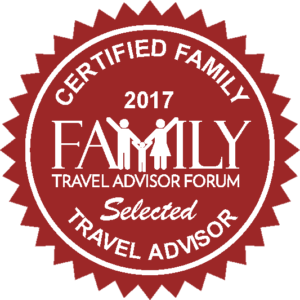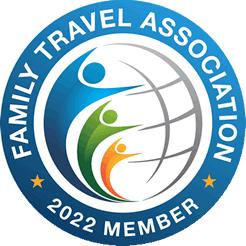Travel Tip
Smarter Travel offers the Best Ways for Travelers to Prevent Identity Theft. This month we address Internet Safety:
The days of the Internet cafe are waning, as Wi-Fi-enabled tablets and ultra-light laptops have become the norm for many tourists. But if you’re not packing a lot of technology on your travels, or your computer dies on the road, or you just need to print a boarding pass in the hotel lobby, remember that public computers are hotbeds for identity theft. Never autosave information on forms, especially if you’re typing in your passport or credit card number. Select “no” if you are asked to save any passwords. Delete your search history afterward. If possible, use the Google Chrome browser and open your windows in “incognito mode” (Ctrl + Shift + N, or click on the menu bar in the upper right-hand corner). Your search history, passwords, and cookies will automatically not be saved. Finally, avoid checking bank-account balances on public computers, if you can. Use your bank’s smartphone app (most major banks have one), or simply limit your balance check-ins to secure ATMs.
Wireless Internet makes life on the road convenient, but it can also make your private info vulnerable. The free Wi-Fi networks at cafes, in hotel lobbies, and in other public places are notoriously not secure because they often lack data-encryption protections that closed networks have. All it takes for someone to do damage is an elementary knowledge of computer systems and a simple plug-in like Firesheep, which allows a user to spy on others’ browser activities.
Whenever possible, stick to more secure WEP, WPA, and WPA2 networks, which require a password to log on. If you must use an open (non-password-protected) network, immediately log out of banking, social media, and email accounts when finished with each session. To prevent your data packets from being plucked from midair, use only encrypted websites (such as those with “https” in the address) when on free Wi-Fi networks. If you see a warning that a site you are entering is not secured, is risky, or contains malware, don’t proceed.


